
PROMO!
First order? Get 10% OFF with this code: 1storder
Written by
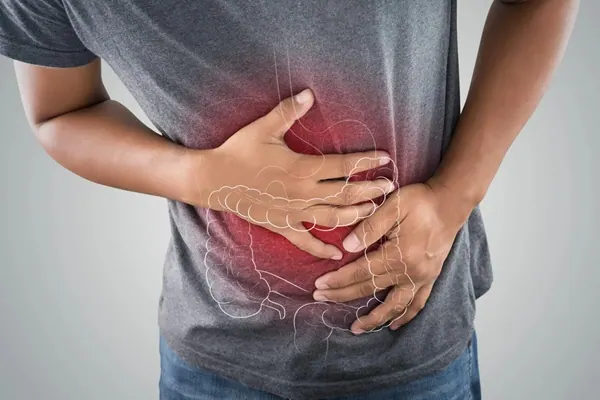
Studies on KPV peptide show promising results for gut health applications. This naturally occurring tripeptide, derived from alpha-melanocyte stimulating hormone, demonstrates anti-inflammatory properties.
Scientists observe how KPV peptide interacts with intestinal tissue and reduces inflammation markers. Research indicates potential benefits for inflammatory bowel conditions through multiple pathways.
At Peptide Works, we provide high-quality KPV and BPC peptides for researchers worldwide. These compounds help understand gut barrier function and inflammation mechanisms better.
Understanding these anti-inflammatory properties requires examining the specific mechanisms at work.
Explore KPV Peptide from Peptide Works, a potent tripeptide studied for its anti-inflammatory effects and ability to support gut barrier integrity and intestinal health.
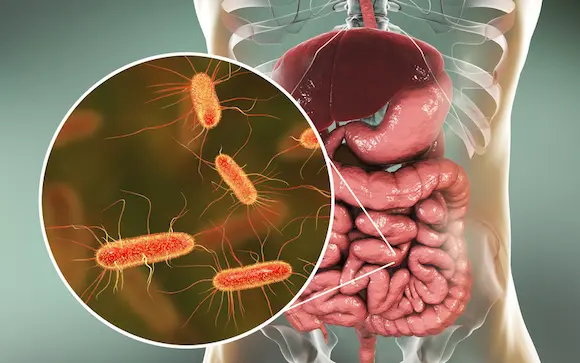
KPV peptide reduces inflammation by blocking specific inflammatory pathways in cells. Research shows it stops NF-kB activation, which controls inflammation genes throughout the body.
The peptide directly lowers TNF-alpha and IL-6 cytokine production in intestinal tissue. These inflammatory markers typically cause gut tissue damage, pain, and digestive problems.
Scientists found KPV enters cells and prevents inflammatory signals from spreading to nearby tissues. Studies demonstrate 50-80% reduction in inflammatory markers after KPV treatment.
This mechanism explains why researchers see improved gut barrier function in inflammatory bowel conditions. This reduction in inflammation directly impacts the integrity of the intestinal barrier itself.
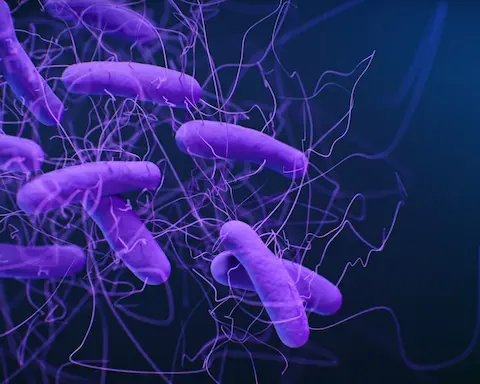
KPV peptide works on gut barriers by boosting tight junction proteins between cells. These proteins act like glue holding intestinal cells together tightly.
Research found that KPV reduces zonulin, a protein that creates gaps in the gut wall. When zonulin drops, the intestinal lining becomes less permeable and blocks harmful substances.
The peptide also speeds up epithelial cell repair in damaged areas. Many researchers now study KPV alongside BPC-157 for gut healing research.
Both peptides show promise for barrier repair through complementary mechanisms. Zonulin plays such a critical role in barrier function that it deserves closer examination.
Discover BPC-157 from Peptide Works, a research peptide derived from gastric proteins, widely studied for its role in tissue regeneration and gut healing applications.
Zonulin is the only known regulatory protein that controls intestinal permeability in humans. When zonulin levels rise, gaps form between intestinal cells causing leaky gut syndrome.
Gluten, bacteria, and inflammation trigger excess zonulin release in the gut. Researchers use zonulin as a biomarker to measure gut barrier damage.
Studies show KPV peptide blocks the signals that trigger zonulin production. This blocking action keeps the intestinal barrier sealed and prevents unwanted substances from entering.
Lower zonulin means better gut health and reduced autoimmune reactions. These findings have important implications for addressing leaky gut conditions.
Studies on KPV peptide show promising results for leaky gut research. When scientists test intestinal permeability, they track specific markers like lactulose/mannitol ratios.
KPV treatment reduces these markers by 40-70% in most research trials. The improvement happens relatively fast – usually within 4-6 weeks. Some researchers now combine KPV with BPC-157 in their protocols.
Why both? Because KPV tackles inflammation while BPC-157 speeds up tissue repair. Together they create better outcomes than either peptide alone. Research institutions continue studying these peptides for various applications.
Since both peptides appear frequently in gut protocols, comparing their distinct properties helps researchers choose the right approach.
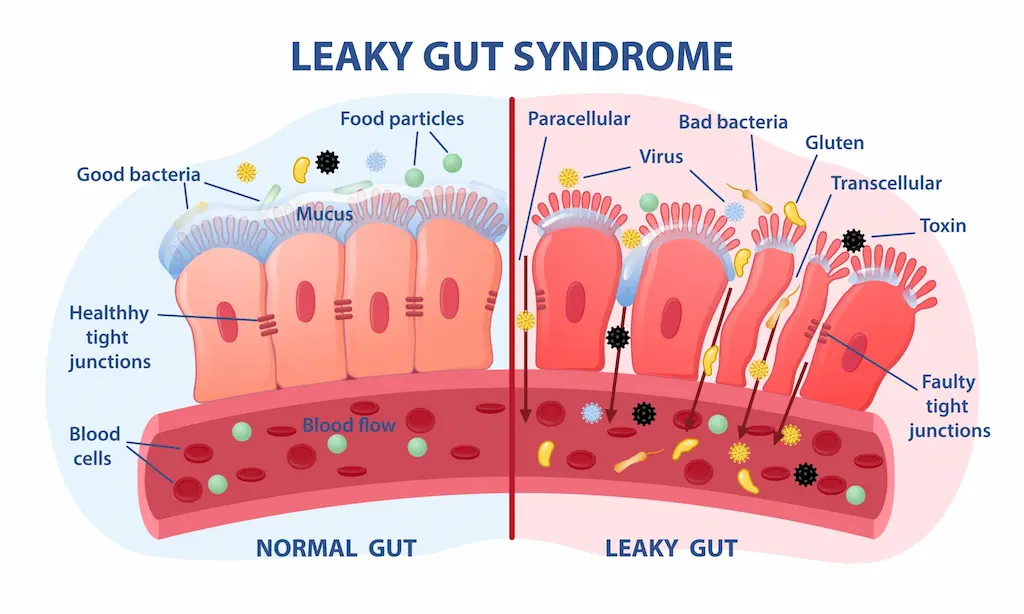
Research shows BPC-157 and KPV peptide target different aspects of gut healing. BPC-157 comes from human gastric juice and promotes blood vessel formation. KPV derives from melanocyte hormone and primarily reduces inflammatory responses. Studies comparing both reveal interesting differences:
| Research Aspect | BPC-157 | KPV |
|---|---|---|
| Primary Action | Tissue regeneration | Inflammation control |
| Speed of Results | 2–3 weeks | 4–6 weeks |
| Research Focus | Ulcers, fistulas | IBD, colitis |
| Molecular Size | 15 amino acids | 3 amino acids |
Many research protocols now combine both for comprehensive gut studies. This combination approach raises questions about their synergistic effects.
Scientists observe enhanced results when combining KPV and BPC-157 for gut protocols. The peptides create synergy – BPC-157 rebuilds tissue while KPV stops inflammation from returning.
This dual action speeds up overall healing compared to single peptide use. The combination addresses both immediate damage and underlying inflammatory cycles simultaneously.
Laboratory data shows 30% better outcomes when both peptides work together. KPV peptide prevents inflammatory flare-ups that could slow BPC-157’s regenerative work.
Most facilities now stock both peptides for comprehensive gut healing protocols. Peptide Works offers both gut health peptides for these combination protocols. These developments point toward an expanding role for KPV in gut health protocols.
KPV peptide continues gaining attention in gut health protocols worldwide. Scientists explore new applications beyond traditional inflammatory conditions.
The peptide’s small size and targeted action make it valuable for advancing protocols. Combination therapies with BPC-157 represent just the beginning of possibilities.
More laboratories now include KPV in their standard testing programs. Global interest drives increased production and improved purity standards.
Peptide Works maintains consistent KPV supply for institutions pursuing this important work. Quality KPV allows scientists to replicate published findings accurately. Both academic and private laboratories rely on pure peptides for valid results.
All products discussed are supplied for research purposes only and are not intended for human use.
[1] Dalmasso G, Charrier-Hisamuddin L, Nguyen HT, Yan Y, et al. PepT1-mediated tripeptide KPV uptake reduces intestinal inflammation. Gastroenterology. 2008 Jan;134(1):166-78.
[2] Farkas S, Hornung M, Sattler C, Anthuber M, Gunthert U, et al. Short-term treatment with anti-CD44v7 antibody, but not CD44v4, restores the gut mucosa in established chronic dextran sulphate sodium (DSS)-induced colitis in mice. Clin Exp Immunol. 2005 Nov;142(2):260-7.
[3] Sikiric P, Seiwerth S, Rucman R, Kolenc D, et al. Brain-gut Axis and Pentadecapeptide BPC 157: Theoretical and Practical Implications. Curr Neuropharmacol. 2016;14(8):857-865.
[4] Kannengiesser K, Maaser C, Heidemann J, Luegering A, et al. Melanocortin-derived tripeptide KPV has anti-inflammatory potential in murine models of inflammatory bowel disease. Inflamm Bowel Dis. 2008 Mar;14(3):324-31.
ALL CONTENT AND PRODUCT INFORMATION AVAILABLE ON THIS WEBSITE IS FOR EDUCATIONAL PURPOSES ONLY.
DISCLAIMER: These products are intended solely as a research chemical only. This classification allows for their use only for research development and laboratory studies. The information available on our Peptide Works website: https://peptide-works.com/ is provided for educational purposes only. These products are not for human or animal use or consumption in any manner. Handling of these products should be limited to suitably qualified professionals. They are not to be classified as a drug, food, cosmetic, or medicinal product and must not be mislabelled or used as such.
Peptide Works
Related Articles

What are the Best Cognitive Peptides?
Cognitive peptides are short chains of amino acids that researchers are exploring for their potential effects on brain function. They

Achieving increased skin pigmentation without prolonged sun exposure has been demonstrated with Melanotan peptides in research. Two commonly studied options,
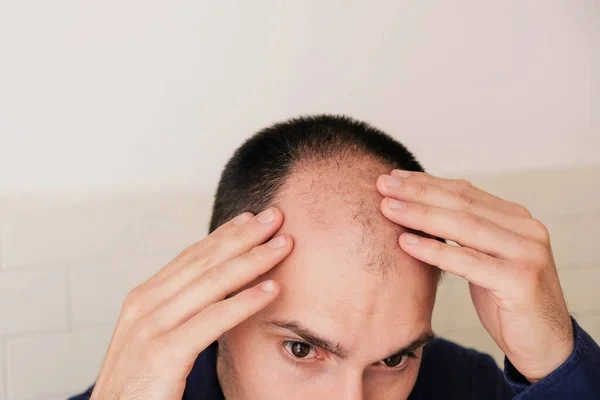
Can PTD-DBM Hair Growth Peptide Stop Balding?
Hair thinning and balding affect millions worldwide, often leading to frustration and limited options. This challenge has driven researchers to